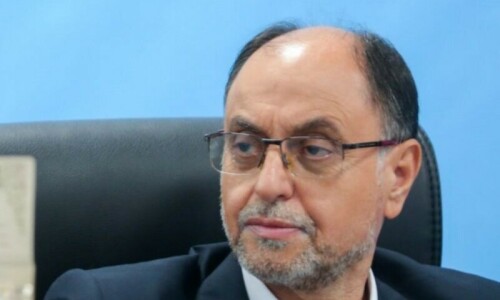THREE Al Jazeera journalists were jailed in Egypt this week for endangering Egyptian national security — and the country’s foreign ministry insists that “due process was adhered to” in their trial. But the Guardian — the only newspaper to attend and report on each of the trial’s 13 sessions — witnessed a litany of flaws. As Amnesty International, who also observed every session, notes: “the prosecution failed to produce a single shred of solid evidence.”
Retraction of key prosecution claims
The prosecution’s claim that the journalists had endangered national security rested on the testimony of a committee of “experts” from state television, who made the assertion in writing before the trial began. But under cross-examination in the trial’s 10th hearing, the committee’s three representatives admitted they did not know whether the journalists’ work had endangered national security — collapsing the prosecution’s case, and raising the question of whether the committee had written their own report in the first place.
Irrelevant evidence
To prove that the journalists had fabricated news, prosecutors presented dozens of videos and recordings — taken from various hard drives and phones owned by the defendants — that had no relevance either to Egypt or Al Jazeera. Presented during the trial’s fifth, sixth and ninth sessions, these included footage of trotting horses by Sky News Arabia, a BBC documentary about Somalia, a song by the Australian musician Gotye, a programme about sheep farming, a Kenyan press conference, and photos of the family of Australian Peter Greste, one of the defendants. The prosecution also claimed that videos and photos clearly taken from the phone of Mohamed Fahmy, Al Jazeera’s bureau chief, had instead been sourced from Greste’s. “It’s obvious the prosecutors have not even looked at our videos,” Greste said at the time.
Irrelevant defendants
In an attempt to create a greater sense of conspiracy, prosecutors added several people with no connection to Al Jazeera to the trial. One was Rena Netjes, a Dutch freelancer whose only crime was to have tea with Mohamed Fahmy a few days before his arrest. Netjes managed to leave the country without being arrested — partly thanks to how prosecutors got her name and passport number wrong in court documents. A group of six students and activists were not so lucky. The six were included in the case despite never having previously met the Al Jazeera defendants. They were initially told they were being arrested on other spurious charges — and only later, as an afterthought, added to the Al Jazeera case.
Incomprehensible evidence
Much of the evidence against the students consisted of recordings, allegedly taken from their person, that were almost entirely unintelligible. The most incriminating featured someone telling a policeman that they would kill them — but the context was unclear and the speaker was unknown. In a second clip, someone could be made out saying that they were paid by Al Jazeera’s Arabic wing to send footage to the channel. But these aside, the recordings were inscrutable — often just walls of sound. Even Judge Mohamed Nagui could not hear them. “If anyone understands,” said Nagui, who often wore sunglasses in court, “please let us know, because we don’t understand either.”
Unremarkable evidence
Prosecutors did submit some intelligible evidence: footage of Al Jazeera English interviews with Egyptian political figures. Presumably, this was to show the channel’s bias. But if anything, it did the opposite: Al Jazeera reporters were seen meeting figures from across the political spectrum — ranging from Muslim Brotherhood leaders to the Brotherhood’s fiercest enemies and cheerleaders of the group’s persecution.
Prevention of defence lawyers from accessing evidence
Prosecutors repeatedly blocked defence lawyers from viewing the entire collection of videos that supposedly proved the journalists’ guilt. Some were shown in court, but others were viewed in private only by the judge — without the knowledge of lawyers. When lawyers did try to view them later, they claimed they were told by prosecutors to pay 1.2m Egyptian pounds — an unaffordable sum.
—By arrangement with the Guardian
Published in Dawn, June 27th, 2014















































Dear visitor, the comments section is undergoing an overhaul and will return soon.